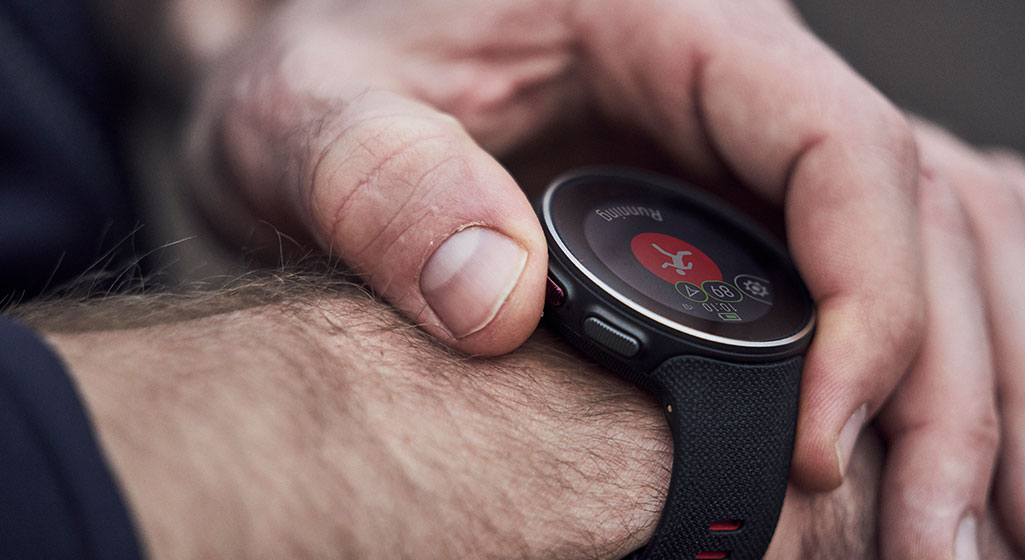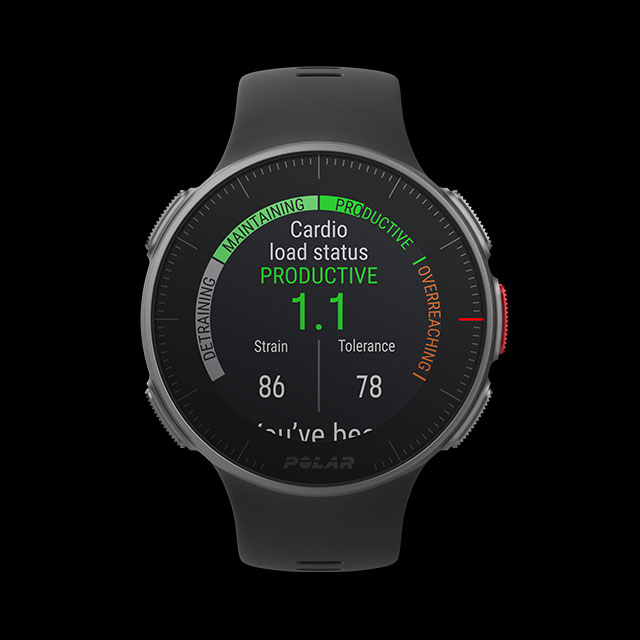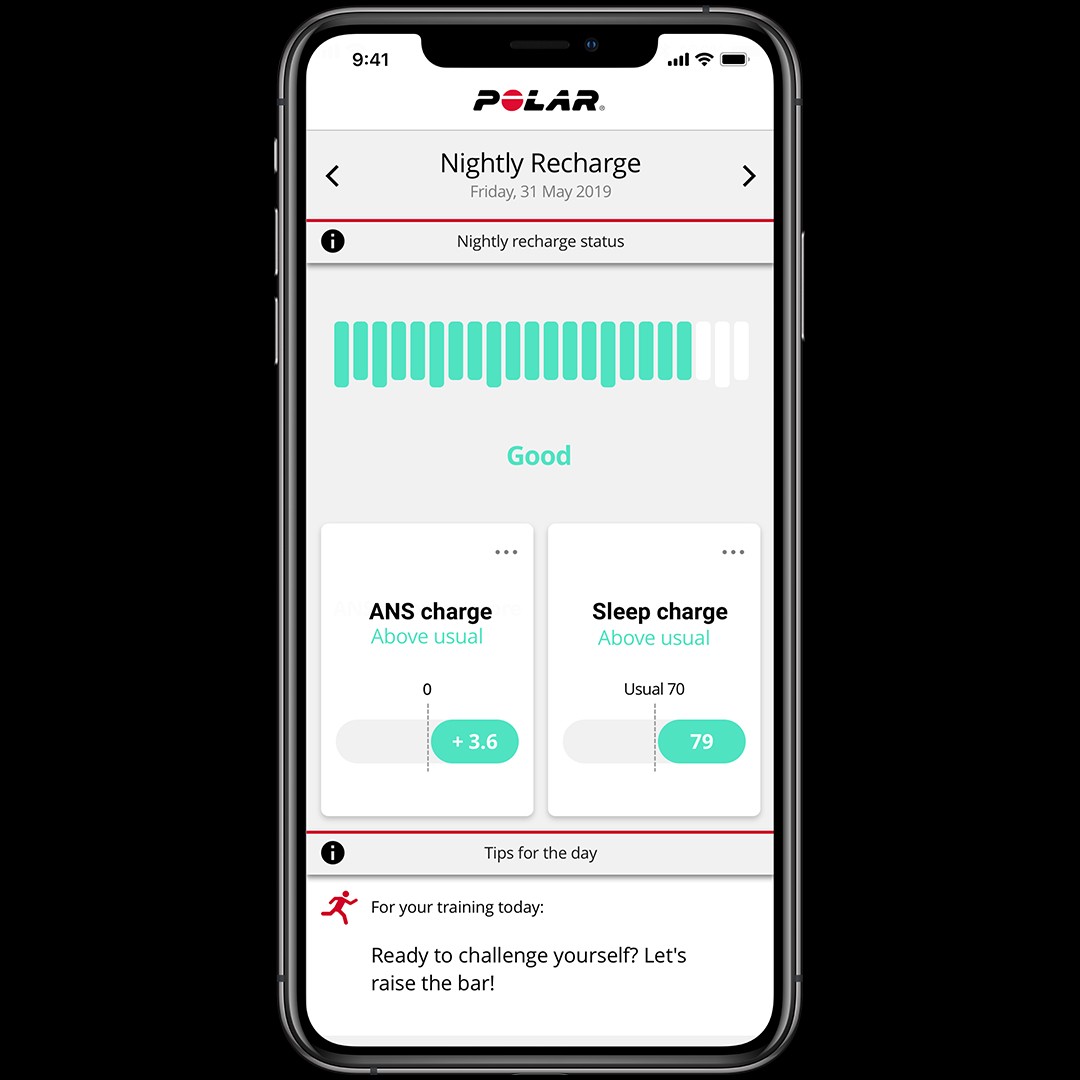Planning your first marathon? Or maybe you just crossed the finish line, but you’re already eager to book your next race?
Are you dedicating the same commitment to post-race recovery as to training and racing? If not, why not?
Before jumping back into training or racing, you should make sure that you recover properly. Even if your marathon time wouldn’t compare favorably to that of elite runners, recovery is one of the secrets to becoming a better runner.
This week-by-week post-marathon plan by running coach Nick Anderson and Team GB Runner Tish Jones offer practical tips for marathon newbies and seasoned all-round veterans alike.

Week 1: Treat Yourself
Sleep, eat and repeat. Then get active – but don’t run!

Week 2: Build Back Gradually
Start to build gradually back to running – but make it an easy week.

Week 3: Train and Maintain
Add structure to your training – with extra focus on body maintenance!
Post-Marathon recovery Week 1: Treat Yourself
SLEEP – A LOT
First things first: close your eyes and let yourself drift off to dreamland – for as long and as often as you need to during the first weeks after a marathon.
Nothing boosts recovery as effectively as quality sleep.
Especially deep sleep is key for recovery and performance as anabolic hormones are released during deep sleep cycles. The deep sleep stage restores your body and supports your immune system.
If you frequently have nights without enough deep sleep and your resting heart rate is higher than usual, your body is not fully recovering during the night, leaving you tired and lethargic the next day.
If after 8-9 hours you’re still depleted, you may be sleeping enough hours, but not getting enough high-quality sleep.
The power of sleep is unquestionable for health, well-being and sports performance – and sleep is the foundation for other recovery measures so aim to get at least 8 hours of sleep every night. This applies as a rule in general, but sleep is particularly crucial for post-race recovery.
Keep in mind: monitoring your sleep quality and heart rate is important in all training phases, not just for post-marathon recovery.
EAt HEALTHY
Don’t start a diet or calorie-cutting regime this week – your body needs to heal and reload so fuel it with good proteins, healthy fats and complex carbohydrates to complete a balanced plate.
Eating nutrient-dense foods in the days after a marathon will go a long way in making sure that your body recovers as effectively as possible.
Focus on a well-balanced diet with red meat, white meat or fish (or nuts, tofu and pulses for veggies) and lots of fruit and vegetables with a broad spectrum of colors.
You deserve to treat yourself this week so go ahead and indulge in whatever it is you’re craving for, but don’t get too carried away! If you continue a diet with bad fats and high simple sugars for days and weeks, it’ll be hard to control your blood sugar levels, sleep and mood.
GET ACTIVE!
After a marathon, you may find it helpful to do some active recovery workouts, such as walking, swimming or easy cycling.
About 30 minutes of light activity 3-4 times a week will help work some of the stiffness out of your muscles. Also, make time for stretching after doing some light activity, focusing on your quads, calfs, hamstrings and glutes.
Doing something different from your usual training gives your body and mind a much-deserved break.
Immediately after the race itself and during the days that follow, it’s okay to take a break from running and do some cross-training instead (if you’re not too tired).
If running is the only sport you enjoy, putting on off-road shoes and heading for the trails is a good way to spice up your usual routine.
Post-Marathon Recovery Week 2: Build back to training
DO EASY RUNS
By the second week, you can start to gradually build back to your running, but make it a light week.
Do 2-3 easy runs during the week at a conversational pace. The runs should be roughly:
- 30-45 minutes long
- 60 minutes maximum
- Up to 2 minutes a mile slower than marathon pace
If you don’t feel like getting back to running yet, give yourself time – don’t force it! Expect it to take about one day for each mile of the marathon before your body is back to performing as usual.
Long runs aren’t necessarily the best way to ease back into training at this point, but if you’re anxious to do a long training session, try cross-training, for example cycling.
During these easy training sessions, aim to stay within easy to moderate heart rate zones for a while after your marathon. Your body needs some time off of intense training before starting up with any further race build-ups.
ADD TEMPO RUNS AND STRETCHING
The weekend of week 2 after marathon is when you might start to include some faster work again.
You can try a tempo run of about 40 minutes: 10 minutes of easy running to warm up, 15-20 minutes at half marathon pace or at controlled discomfort. Then ease down into a conversational pace for the remainder of the time, followed by 15-20 minutes of stretching.
When reintroducing running again, you don’t have to take baby steps, but respect the high impact and high intensity nature of running to avoid unnecessary aches and pains.
Make sure you maintain your body with, for example, regular foam rolling and post-run stretching to help prevent any niggles from creeping in when you begin to pick up running once again.
HOW TO MONITOR RECOVERY?
Measure your resting heart rate in the morning to monitor your recovery.
With the Orthostatic Test you can build a baseline and notice if your heart rate is higher than usual (that may suggest you haven’t fully recovered during the night).
Monitor your heart rate to make sure you stay at the right intensity during your recovery runs: Aim to keep your heart rate low, in heart rate zone 2 or 60-70% of your max HR.
Post-marathon Recovery Week 3: Train and Maintain
ADD STRUCTURE
By week 3, you can start to include some structure into your training again:
- Build a slightly longer weekend run (75-80 minutes) entirely at a conversational pace.
- Add more quality training sessions, including interval and threshold running.
While your training volume should be lower than usual, concentrate on building up a solid routine of core strength and flexibility – a routine that you can maintain when your training volume increases again.
Ask an expert
Running is super demanding for our bodies so treating soft tissues with sports massage is crucial for post-marathon recovery – and if you run and race a lot, it’s not a bad idea to get a massage regularly.
Even the most experienced runners benefit from expert advice and some massage therapy to make sure that muscles and tendons remain supple and clear of waste products and fatigue.
So, go ahead and get a post-race check and treatment by a physio or other professional after a marathon.
How to monitor?
Running Power is a useful metric for running performance, but recovery, too. During your recovery runs, you can monitor both running heart rate and Running Power – both should stay low. If you run with low HR, but with high power (muscle load), your run may be too hard.

If you liked this post, don’t forget to share so that others can find it, too.
Or give it a thumbs up!
I like this article
Please note that the information provided in the Polar Blog articles cannot replace individual advice from health professionals. Please consult your physician before starting a new fitness program.





